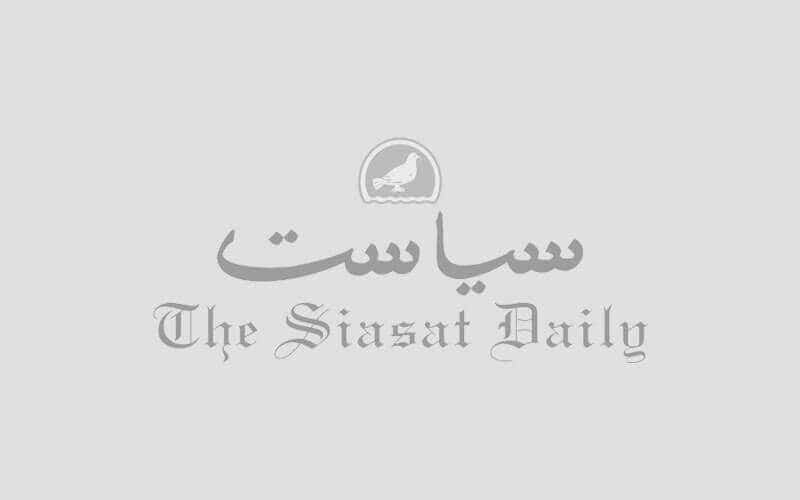Doha: US Secretary of State Rex Tillerson took the Trump administration’s case for isolating and containing Iran in the Middle East and beyond to two Gulf Arab nations, pushing for Saudi Arabia and Iraq to unite to counter growing Iranian assertiveness.
He also called for a quick resolution to the ongoing crisis between Qatar and its Arab neighbours, which he said was unintentionally bolstering Iran.
In Saudi Arabia and later Qatar, Tillerson denounced Iran’s “malign behaviour” and urged nations of the region and elsewhere, notably Europe, to join the administration to halt any business they do with Iran’s powerful Revolutionary Guard Corps. He also demanded that Iranian and Iran-backed Shiite militia in Iraq either return to their homes, integrate into the Iraqi army or leave the country.
“Those fighters need to go home,” Tillerson said. “Any foreign fighters need to go home.”
In Riyadh for the inaugural meeting of the Saudi Arabia- Iraq Coordination Council, a vehicle that US officials believe can wean Iraq from Iran, Tillerson told Saudi King Salman and Iraqi Prime Minister Haider al-Abadi that the nascent partnership between their countries held great promise for Iraq’s reconstruction after devastating battles to wrest territory from the Islamic State group and its independence from foreign influence.
“We believe this will in some ways counter some of the unproductive influences of Iran inside of Iraq,” he said at a news conference with Saudi Foreign Minister Adel al-Jubeir after the council meeting.
Tillerson said countries outside of the region could also play a role, primarily by shunning the Revolutionary Guards, which play a major role in Iran’s economy and were added to a U.S. terrorism blacklist earlier this month. Companies and countries that do business with the guards “really do so at great risk,” he said.
“We are hoping that European companies, countries and others around the world will join the US as we put in place a sanctions structure to prohibit certain activities of the Iranian Revolutionary Guard that foment instability in the region and create destruction in the region,” Tillerson said.
At the council meeting, Tillerson praised the Saudi king and Abadi for the August reopening of a major border crossing and the resumption of direct flights between Riyadh and Baghdad last week.
“Both represent the beginning of what we hope will be a series of even more tangible actions to improve relations and strengthen cooperation on a host of issues,” he said.
“Your growing relationship between the kingdom and Iraq is vital to bolstering our collective security and prosperity and we take great interest in it.”
His participation in the meeting comes as US officials step up encouragement of a new axis that unites Saudi Arabia and Iraq as a bulwark against Iran’s growing influence from the Persian Gulf to the Mediterranean Sea.
Amid the push for that alliance, the Iraqi government is struggling to rebuild recently liberated Islamic State strongholds and confronts a newly assertive Kurdish independence movement.

